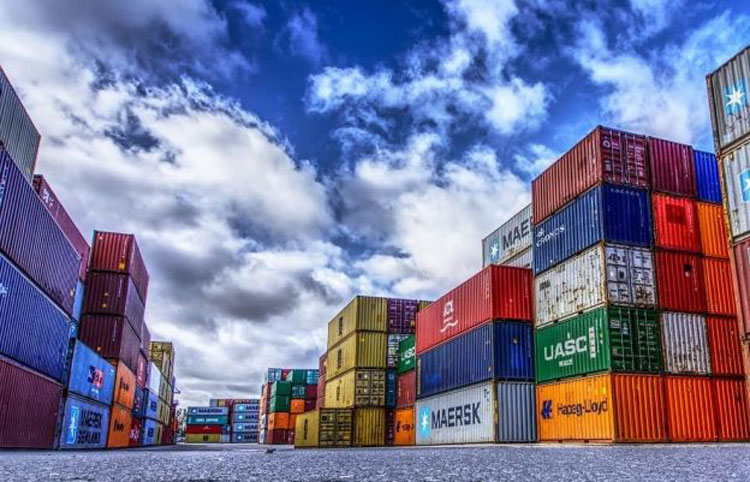The Diplomat
Seventy per cent of freight traffic in the Mediterranean is between European ports, 15 per cent is between Europe and North Africa, and only five per cent is between MENA (Middle East and North Africa) countries, according to a report commissioned from the Organisation for Economic Cooperation and Development (OECD) by the Union for the Mediterranean (UfM).
The report was commissioned by the UfM -which brings together the countries of the European Union and 15 southern and eastern Mediterranean countries- after finding that the Mediterranean region is one of the least economically integrated in the world. This is despite the fact that the UfM’s intra-regional market accounted for 20% of world merchandise trade in 2018 and remains one of the most important today.
The report focused on five areas: trade, finance, infrastructure, movement of people, and research and higher education, along with specific performance indicators that can be used to monitor trends and progress over time.
One of its conclusions is that integration has progressed unevenly across and within UfM sub-regions in all policy areas.
It notes, for example, that in terms of trade, the European Union accounts for 94 per cent of the region’s merchandise exports, while 70 per cent of Mediterranean goods traffic is between European ports, 15 per cent is between Europe and North Africa, and only 5 per cent is between MENA countries.
The study considers that a major challenge to achieving regional integration is inadequate infrastructure for transport and energy connectivity. In addition, a common vision of human mobility as a driver of growth and innovation in the region is needed.
Specifically, the report states that the MENA region will need an investment of more than 7% of its annual regional GDP for the maintenance and creation of infrastructure. It recalls that there are several sub-regional initiatives to interconnect electricity grids and enable electricity trade. According to the report, this is crucial, as it is estimated that solar power plants will be able to generate 100 times the combined electricity consumption of the MENA countries and Europe.
UfM Secretary General Nasser Kamel said at the launch event that the report is “a step forward in recognising the progress that has been made and the work that remains to be done”. He added that as we recover from the pandemic, “we must seize the opportunity to create more inclusive societies that ensure young people and women can fulfil their potential, driven by our ambition for sustainable economies.
For his part, OECD Secretary-General Angel Gurría said that “greater inclusiveness will translate into more opportunities and greater well-being for people if it is done right.
The launch event brought together representatives of different regional integration processes, as well as regional and international organisations and financial institutions, such as the Association of Southeast Asian Nations (ASEAN), the African Development Bank (AfDB), the Agadir Accord and the United Nations Office for South-South Cooperation (UNOSSC), among others.







